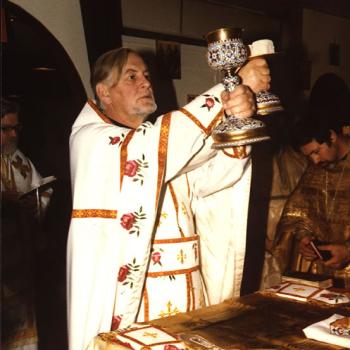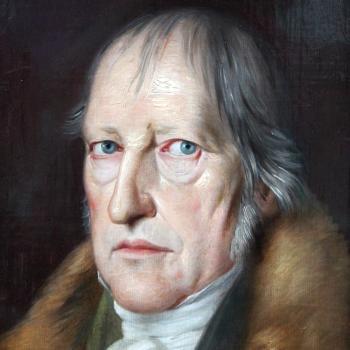Oswald Bayer’s theology is based on Luther’s theology of word and promise which he uses to provide a critical engagement with modernity. To this end Bayer builds on Hamann’s critique of Kant and the enlightenment, but also includes the developments in linguistics of the 20th Century (for example, Paul Ricoeur, Ludwig Wittgenstein). He has published numerous interpretations of Luther and Hamann.
The center of theology is the promise of God to man to which man responds in faith. Faith is therefore always, to Oswald Bayer, a speech act, a spoken exchange between God and man. The exemplary center of this exchange is the Divine Service, the source and aim of all theology. Christian theology is therefore regarded as the interpretation of this speech act between the justifying God and the justified sinner. For Bayer this is – in reference to Martin Luther – the object of theology (the subiectum theologiae). A theology which interprets this word act, is itself always the hearer of the word of God. Oswald Bayer utilises this systematic approach in the areas of hermeneutics, theory of science, sociology and ethics, as well as in his sermons. The latter he makes available to a large audience as the Göttinger Predigten im Internet.
He uses his theology of the word pointedly against modern subjective theology in the tradition of Friedrich Daniel Ernst Schleiermacher, as it is represented at present in modified form for example by Bayer’s Tübingen colleague Eilert Herms. In addition, Bayer also enagages in depth with other contemporary theological and philosophical systems (such as Marxism).
Applying contemporary linguistics–specifically, speech act theory–to the Word of God sounds very promising!
I can see Bayer’s influence among confessional Lutherans, who would resonate with what he says about worship in the Divine Service, and I hear his emphasis on faith and promise in the Lutheran apologist Steven D. Paulson.
I am working my way through his book Martin Luther’s Theology: A Contemporary Interpretation and am finding it solid and stimulating, expressing classical theology in some new ways.
and am finding it solid and stimulating, expressing classical theology in some new ways.
I’m thinking non-Lutherans too might benefit from his treatment, for example, of Justification and Sanctification.
Perhaps there are caveats and concerns that we need to be aware of. If so, please let us know. But even if he is insufficiently orthodox on certain points, he may still be a theologian worth knowing.















